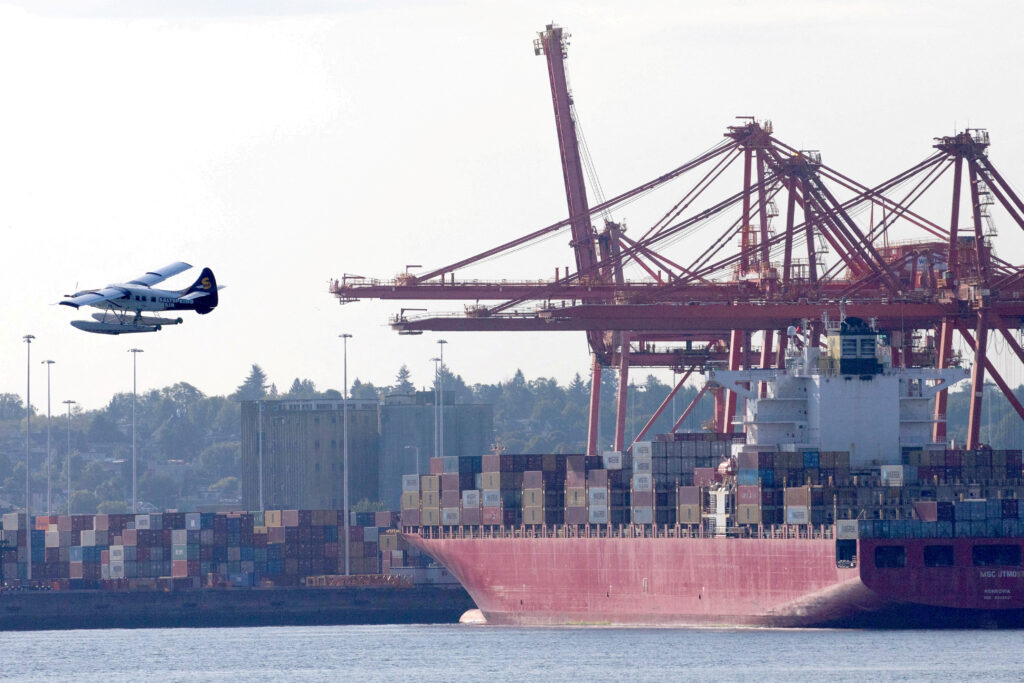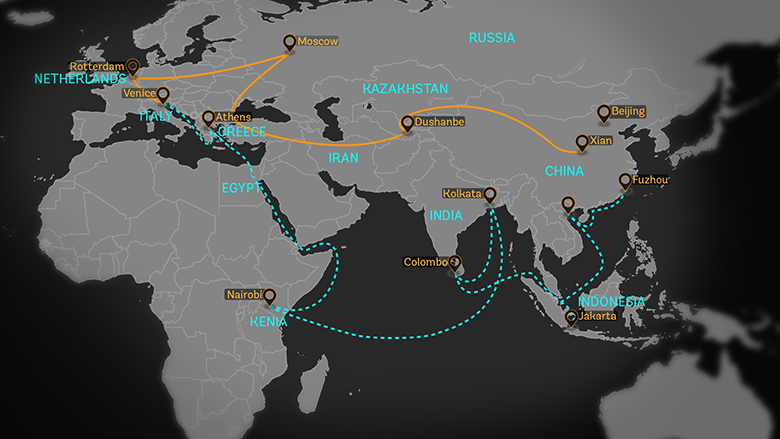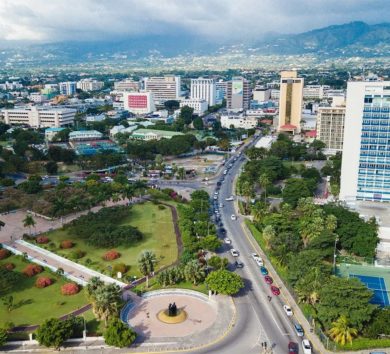

Durrant Pate/ Contributor
Projections for growth in global merchandise trade in 2023 have been scaled back by the World Trade Organisation (WTO).
The WTO blames the continued slump in global trade that began in the fourth quarter of 2022 for the scale back. According to the latest WTO trade forecast, the volume of world merchandise trade is now expected to grow by 0.8 per cent this year, less than half the 1.7 per cent increase forecasted in April.
The 3.3 per cent growth projected for 2024 remains nearly unchanged from the previous estimate. The WTO furthermore expects real world GDP to grow by 2.6 per cent at market exchange rates in 2023 and by 2.5 per cent in 2024, as set out in the WTO’s “Global Trade Outlook and Statistics — Update: October 2023.”
Beginning of the slump in world trade
World trade and output slowed abruptly in the fourth quarter of 2022 as the effects of persistent inflation and tighter monetary policy were felt in the United States, the European Union and elsewhere, and as strained property markets in China prevented a stronger post COVID-19 recovery from taking root. Together with the consequences of the war in Ukraine, these developments have cast a shadow over the outlook for trade.

The trade slowdown appears to be broad-based, involving a large number of countries and a wide array of goods. The WTO says “Trade growth should pick up next year accompanied by slow but stable GDP growth. Sectors that are more sensitive to business cycles should stabilize and rebound as inflation moderates and interest rates start to come down.”
However, signs are starting to emerge of supply chain fragmentation, which could threaten the relatively positive outlook for 2024. For example, the share of intermediate goods in world trade, an indicator of global supply chain activity, fell to 48.5 per cent in the first half of 2023, compared to an average of 51 per cent over the previous three years.
Experts give their take
WTO Director-General Ngozi Okonjo-Iweala explains, “The projected slowdown in trade for 2023 is cause for concern, because of the adverse implications for the living standards of people around the world. Global economic fragmentation would only make these challenges worse, which is why WTO members must seize the opportunity to strengthen the global trading framework by avoiding protectionism and fostering a more resilient and inclusive global economy.
“The global economy, and in particular poor countries, will struggle to recover without a stable, open, predictable, rules-based and fair multilateral trading system.”
WTO Chief Economist Ralph Ossa asserted, “We do see some signs in the data of trade fragmentation linked to geopolitical tensions. Fortunately, broader deglobalisation is not here yet. The data suggest that goods continue to be produced through complex supply chains, but that the extent of these chains may have plateaued, at least in the short run. Positive export and import volume growth should resume in 2024, but we must remain vigilant.”







Comments